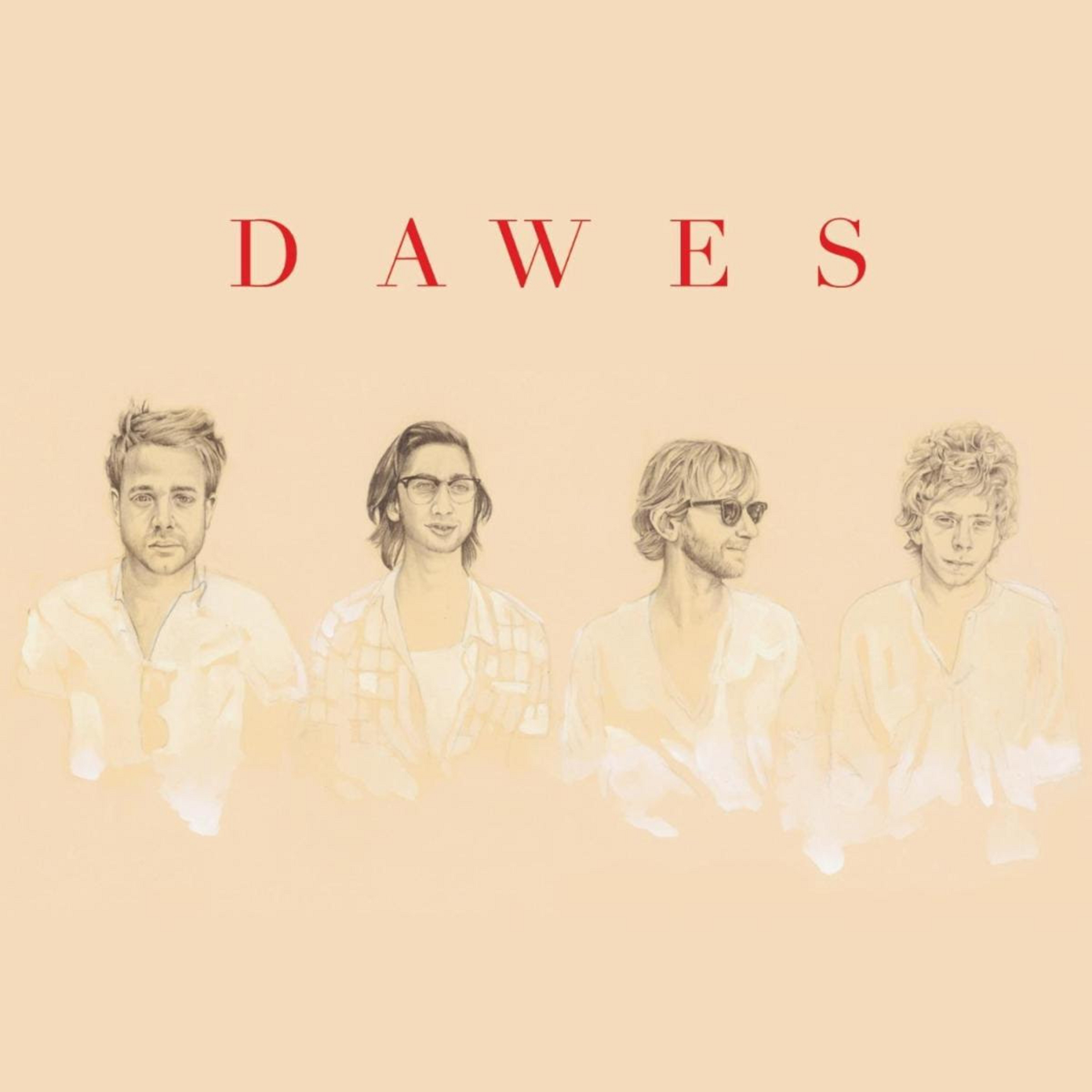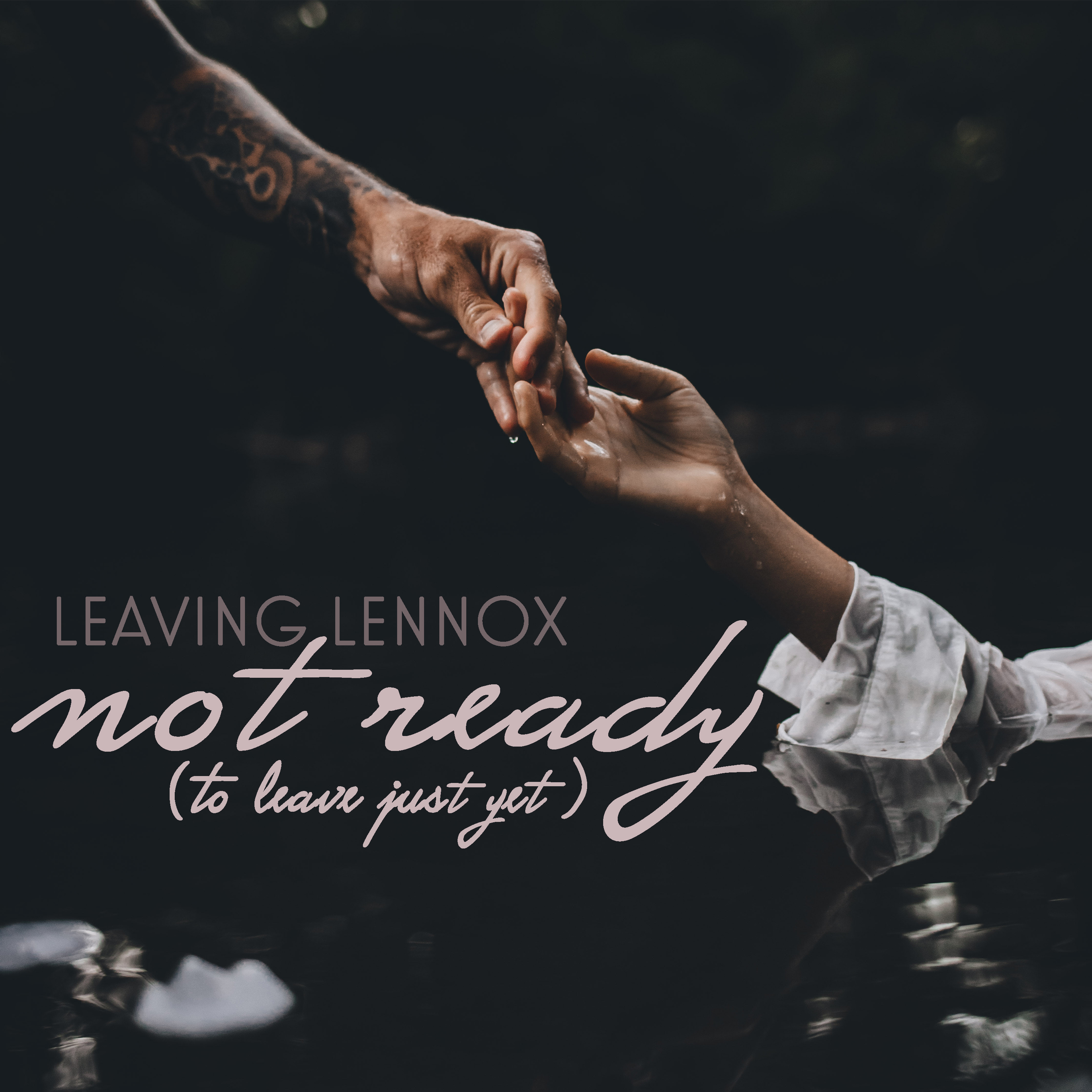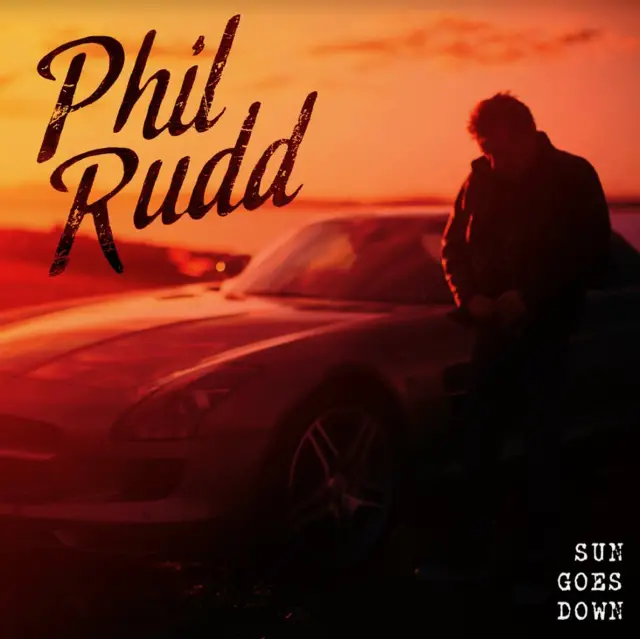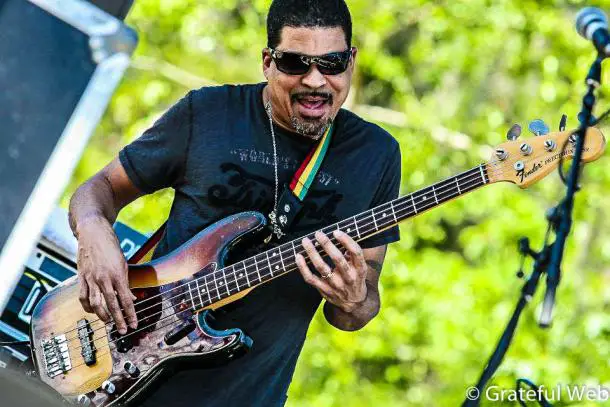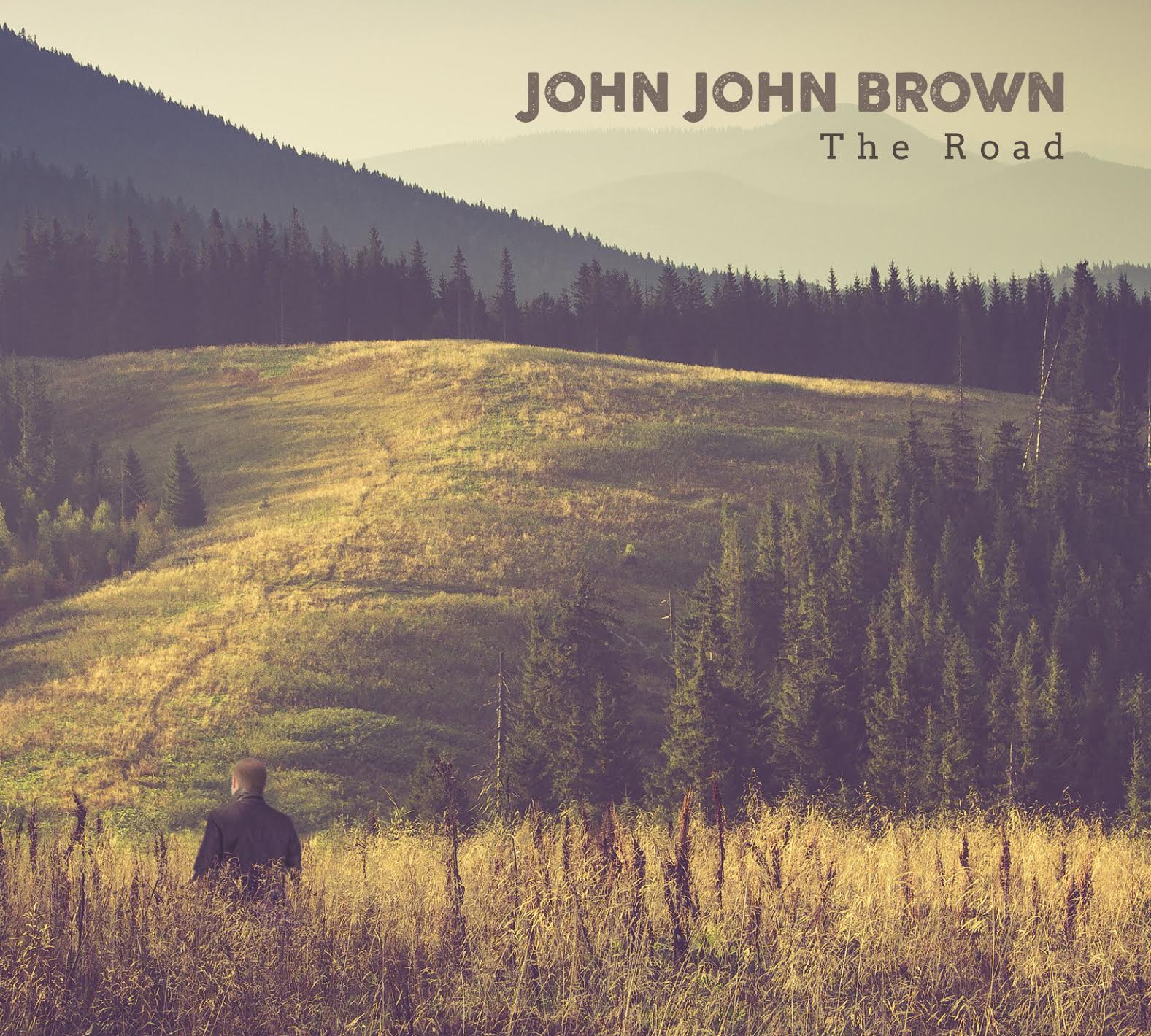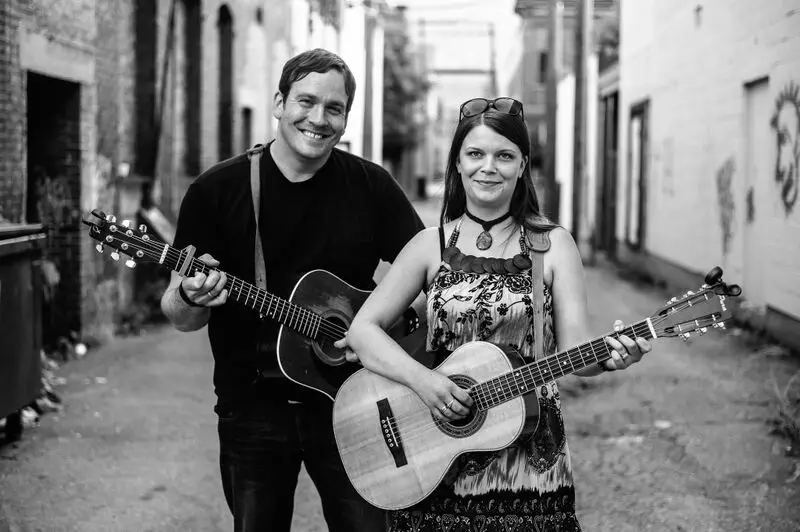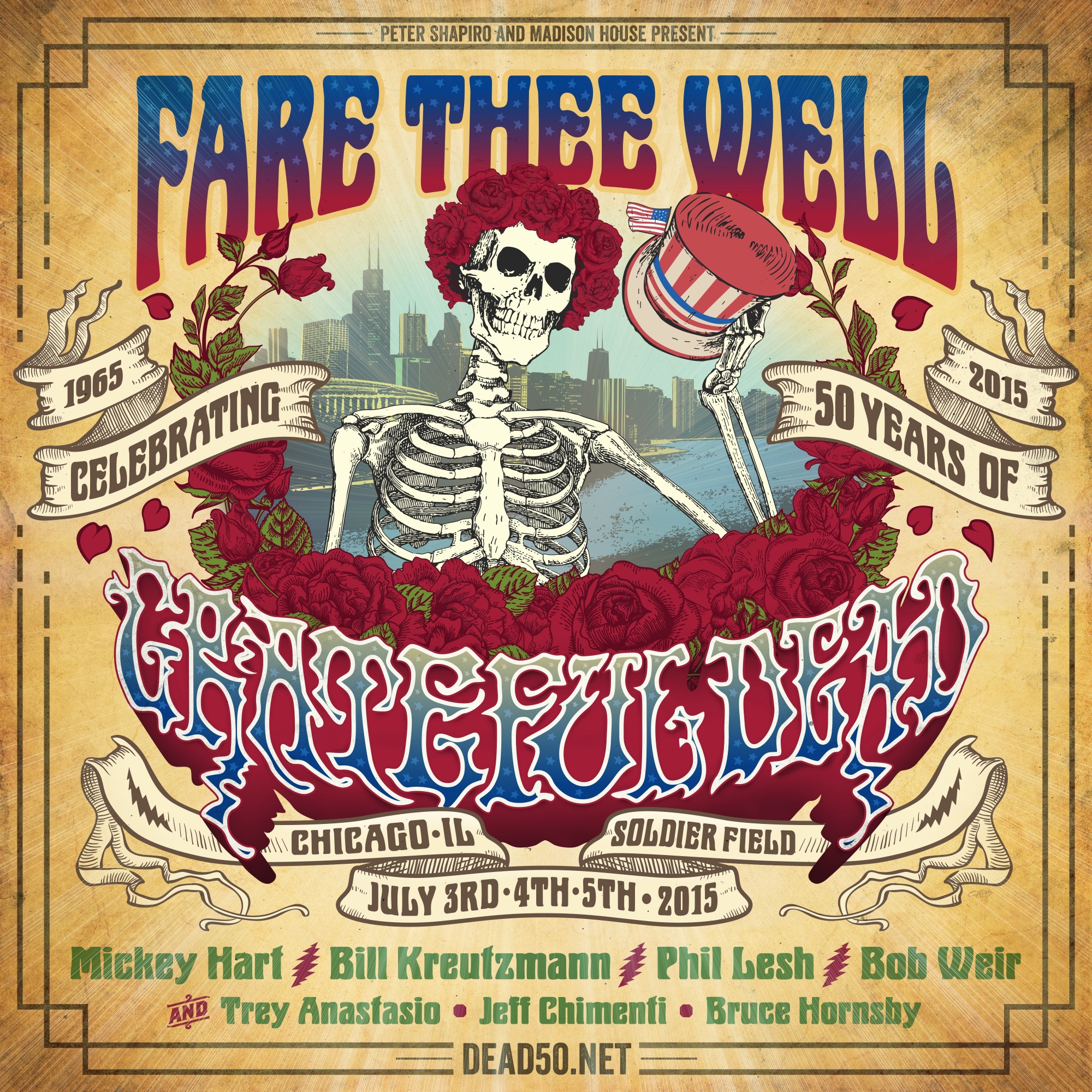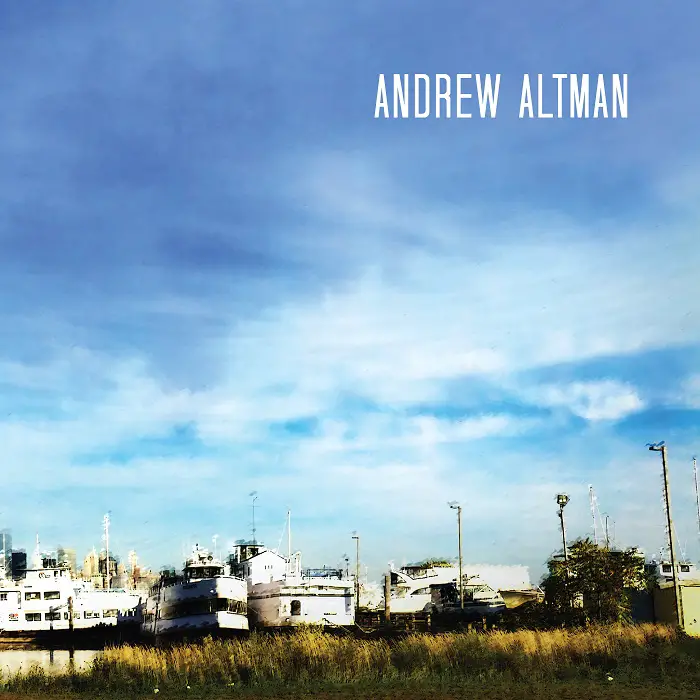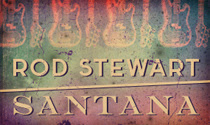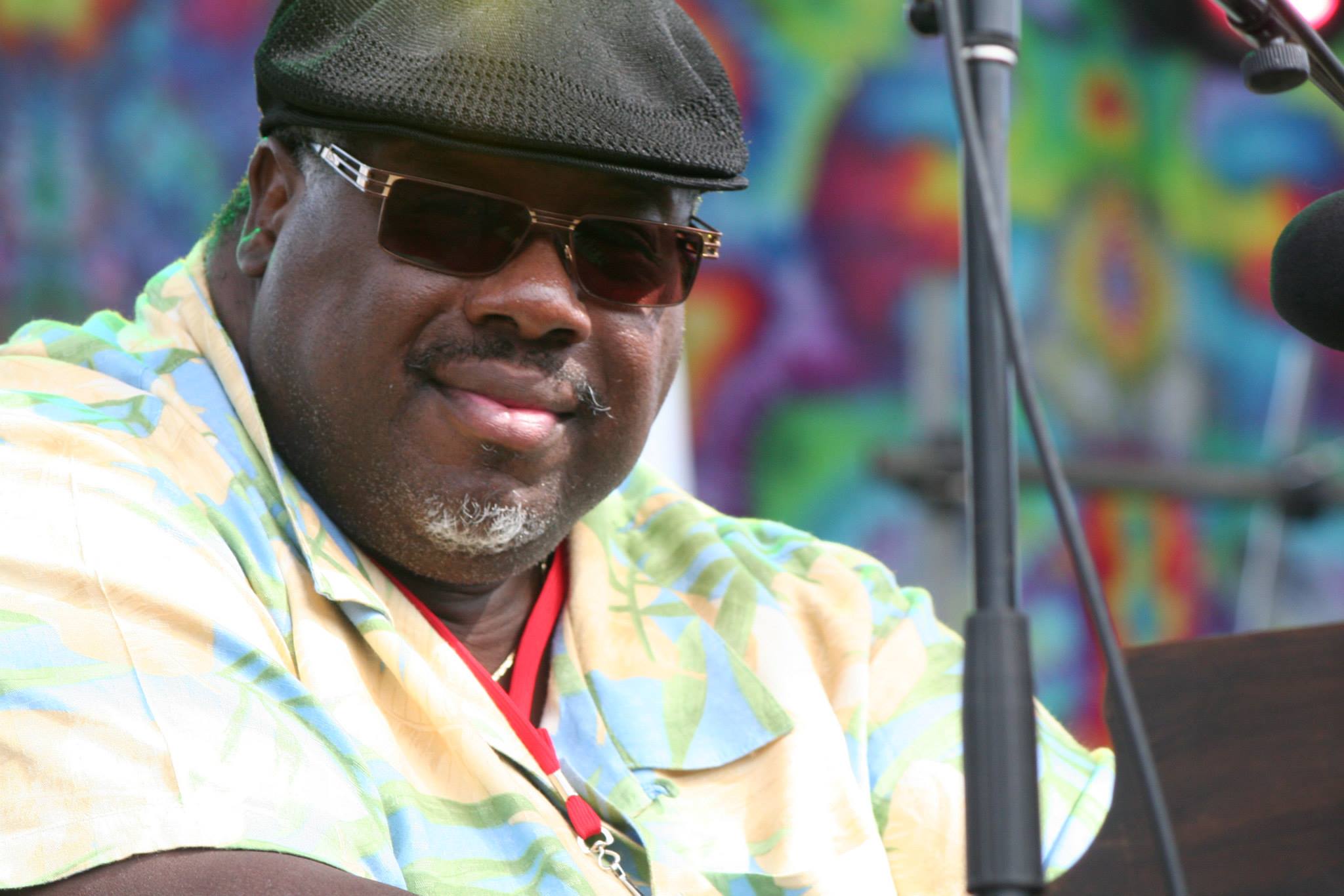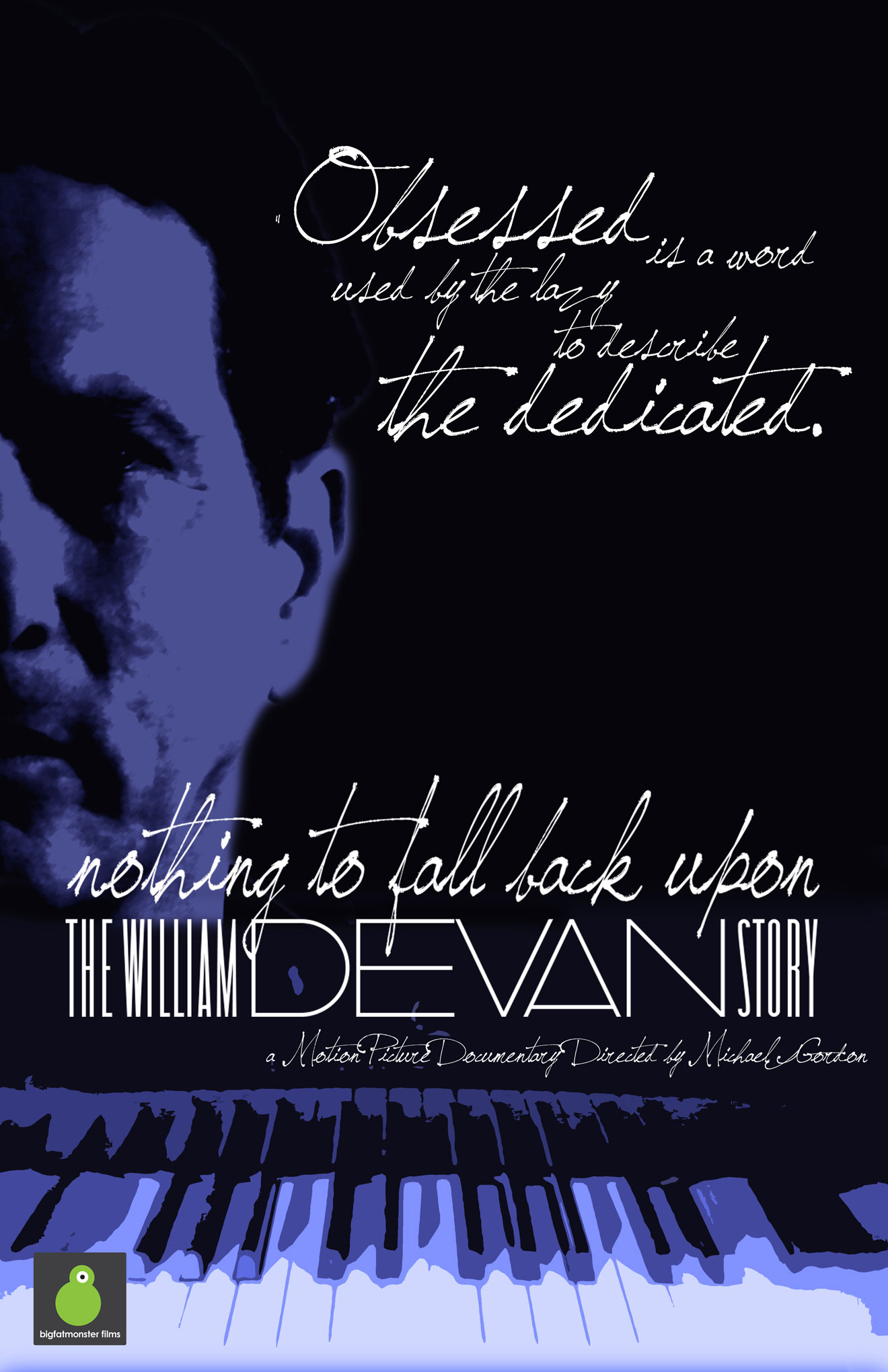The National Jazz Museum in Harlem begins the first full week of programming today, August 4th with a presentation on the life and work of one of the greatest living authors on blues and jazz, Albert Murray for Jazz for Curious Readers, followed by the first of four weeks of focus at Jazz for Curious Listeners on the great jazz pianist, educator and media man, Dr. Billy Taylor.
We round out the week with two pianists; first a discussion with pianist Dick Katz for Harlem Speaks, then a live performance by Michael Wolff in a trio setting at the Rubin Museum of Art for Harlem in the Himalayas.
Come join us at the National Jazz Museum in Harlem, because we're all for you, body and soul. (And don't forget our final Summer Film Series program this Sunday at the Museum of the City of New York.)
Sunday, August 3, 2008
MCNY SUMMER FILM SHOWS
2:00pm
Harlem Rent Party: Jazz Film Series
Location: Museum of the City of New York
(1220 Fifth Avenue | get directions)
FREE with Museum admission! |
More information: 212.534.1672, ext. 3395
Although they were held to help friends pay their bills, Harlem rent parties of the early 20th century were filled with music and good times. Join Loren Schoenberg, Executive Director of the Jazz Museum in Harlem, for a swinging afternoon of rare film clips featuring the kind of music you would have heard there — Fats Waller, Louis Jordan, Count Basie, Billie Holiday, Lena Horne, and many others. Presented in conjunction with Harlem Week.
Monday, August 4, 2008
JAZZ FOR CURIOUS READERS
6:30pm
Albert Murray: Philosopher of the Blues and Jazz
Guest: Greg Thomas
Location: NJMIH Visitors Center
(104 E. 126th Street, Suite 2C)
FREE | Reservations: 212-348-8300 or register online
Essayist, novelist, and cultural critic Albert Murray's contribution to American literature has established the value and importance of the "blues idiom as the basis for approaching life in contemporary times.
Born in Nokomis, Alabama, on May 12, 1916, Murray received his BS from Tuskegee Institute in 1939. He joined the Air Force in 1943 and retired with the rank of major in 1962. During his period in the service, Murray earned his MA from New York, University (1948) and taught literature and composition to civilians and soldiers both in the United States and abroad.
The Omni-Americans (1970), Murray's first book, contains reviews, essays, and commentaries that engage and challenge the predominant frameworks within which matters of "race and culture were then being discussed. Critiquing what he called "the folklore of white supremacy and the fake lore of black pathology," the book argues that all Americans are multicolored and that social scientific attempts to explain black life in America are fundamentally mistaken. His next book, South to a Very Old Place (1971), extends that argument with a series of memoirs, interviews, and reports that document the positive, nurturing aspects of the African-American community in the South.
In 1972, Albert Murray was invited to give the Paul Anthony Brick Lectures on Ethics at the University of Missouri. These lecturers were published as The Hero and the Blues (1973). Here Murray develops his concept of literature in the blues idiom, a theory he eloquently practiced in the novel Train Whistle Guitar (1974), which won the Lillian Smith Award for Southern Fiction. The hero of this novel received from his family and neighbors in the segregated South the cultural equipment necessary for leading a successful life—a sense of fundamental individual worth combined with community responsibility akin to the relationship between the improvising jazz soloist and the supporting band.
In 1976, Murray turned the concept of the blues idiom back on itself, writing perhaps the best book ever published on jazz aesthetics, Stomping the Blues. Murray collaborated with Court Basie on his autobiography, Good Morning, Blues (1985), and in 1991 published The Spyglass Tree, the long-awaited sequel to his first novel. A catalog essay on the paintings of Romare Bearden (Romare Bearden, Finding the Rhythm, 1991) extends Murray's concepts of improvisation, rhythm, and synthesis even to the realm of the visual arts.
Greg Thomas, consultant to the National Jazz Museum in Harlem, will delve into Murray's work and thought with particular focus on the blues and jazz as a philosophical strategy to swing in spite of existential chaos, the tragedy of human history and the vicissitudes of modern life. Murray's relationship with essayist and novelist Ralph Ellison, author of the celebrated mid-century novel, Invisible Man, and path-breaking artist Romare Bearden, will also be explored.
Tuesday, August 5, 2008
JAZZ FOR CURIOUS LISTENERS
7:00pm
A Celebration of Dr. Billy Taylor
Location: NJMIH Visitors Center
(104 E. 126th Street, Suite 2C)
FREE | Reservations: 212-348-8300 or register online
Instructors: Loren Schoenberg and Bret Primack
National Jazz Museum in Harlem board member Dr. Billy Taylor encompasses that rare combination of creativity, intelligence, vision, commitment and leadership, qualities that make him one of our most cherished national treasures.
The distinguished ambassador of the jazz community to the world-at-large, Dr. Billy Taylor's recording career spans nearly six decades. He has also composed over three hundred and fifty songs, including "I Wish I Knew How It Would Feel To Be Free," as well as works for theatre, dance and symphony orchestras.
Playing the piano professionally since 1944, he got his start with Ben Webster's Quartet on New York's famed 52nd Street. He then served as the house pianist at Birdland, the legendary jazz club where he performed with such celebrated masters as Charlie Parker, Dizzy Gillespie and Miles Davis. Since the 1950s, Billy Taylor has been leading his own Trio, as well as performing with the most influential jazz musicians of the twentieth century.
Dr. Taylor has not only been an influential musician, but a highly regarded teacher as well, receiving his Masters and Doctorate in Music Education from the University of Massachusetts at Amherst and serving as a Duke Ellington Fellow at Yale University. He founded the Harlem-based JazzMobile in the 1960s.
He has also hosted and programmed on radio stations WLIB and WNEW in New York, and an award-winning series for National Public Radio. In the early 1980s, Taylor became the arts correspondent for CBS Sunday Morning.
Dr. Billy Taylor is one of only three jazz musicians appointed to the National Council of the Arts, and also serves as the Artistic Advisor for Jazz to the Kennedy Center for the Performing Arts, where he has developed one acclaimed concert series after another, including the Louis Armstrong Legacy series, and the annual Mary Lou Williams Women in Jazz Festival.
With over twenty three honorary doctoral degrees, Dr. Billy Taylor is also the recipient of two Peabody Awards, an Emmy, a Grammy and a host of prestigious and highly coveted prizes, such as the National Medal of Arts, the Tiffany Award, a Lifetime achievement Award from Downbeat Magazine, and, election to the Hall of Fame for the International Association for Jazz Education.
Now in his eighties, and officially retired from active touring and recording, he remains active with his educational activities and a full schedule of speaking engagements and appearances on radio and television.
Writer/Video Journalist Bret Primack has been at the forefront of new media since he co-founded Jazz Central Station in 1995. In 1997, he was the first Jazz blogger with Bird Lives, where, as the Pariah, his heartfelt diatribes struck a responsive chord in the music industry. Bret has also created websites for Sonny Rollins, Joe Lovano and Dr. Billy Taylor, among many others.
An NYU Film School graduate, Bret began producing video for the web in 1999.
His documentaries and Video Podcasts include Orrin Keepnews, Producer for the Concord Music Group and The Sonny Rollins Podcast for Rollins' own Doxy Records, an ongoing documentary about the Saxophone Colossus.
Thursday, August 7, 2008
HARLEM SPEAKS
6:30pm
Dick Katz, Pianist
Location: NJMIH Visitors Center
(104 E. 126th Street, Suite 2C)
FREE | Reservations: 212-348-8300 or register online
Come meet and hear the story of Dick Katz, a versatile pianist and arranger responsible for a host of memorable recordings through the years, often as an important sideman and/or producer. He studied at the Peabody Institute, the Manhattan School of Music, and Juilliard, in addition to taking piano lessons from Teddy Wilson. In the 1950s, he picked up priceless experience as a member of the house rhythm section of the Café Bohemia, with the groups of Ben Webster and Kenny Dorham, the Oscar Pettiford big band, and later with Carmen McRae. Katz was part of the popular J.J. Johnson/Kai Winding Quintet (1954-1955) and Orchestra USA and participated on Benny Carter's classic Further Definitions album. He has freelanced throughout much of his career and was a guiding force behind some of Helen Merrill's finest recordings. Katz, who played with Roy Eldridge and Lee Konitz starting in the late '60s, co-founded Milestone Records in 1966 with Orrin Keepnews. In the 1990s, Dick Katz worked both as a pianist and an arranger with the American Jazz Orchestra and Loren Schoenberg's big band.
Friday, August 8, 2008
HARLEM IN THE HIMALAYAS
7:00pm
The Michael Wolff Trio
Location: Rubin Museum of Art
(150 West 17th Street)
$18 in advance | $20 at door |
Box Office: 212.620.5000 ext. 344
Michael Wolff, Piano
Chip Jackson, Bass
Mike Clark, Drums
A baby boomer in his prime, Michael Wolff is renowned for his old school jazz roots, melodically fresh and rhythmically compelling multi-keyboard style, and ever-expanding media presence. A New Orleans native whose father taught him blues on piano before he began classical lessons at age eight, Michael also grew up in Memphis and Berkeley, California, getting his first significant professional gig when he was 19 from Latin jazz vibist Cal Tjader. He made his recording debut with Cannonball Adderley's band in 1975, and has worked extensively with the Thad Jones-Mel Lewis Orchestra, Sonny Rollins, Wayne Shorter, Tony Williams, Christian McBride and others including his late friend Warren Zevon and singer Nancy Wilson, for whom he wrote orchestral arrangements and conducted more than 25 major symphony orchestras during world-wide tours. Wolff's own band Impure Thoughts, launched in 2000, is an infectious improvising ensemble, richly percussive thanks to Indian tabla player Badal Roy, drummer Mike (Headhunters) Clark and electric bassist John B. Williams (on his new Trio CD, Wolff is joined by Williams and drummer Victor Jones.) Wolff's recent performances include an Impure Thoughts concert at the Royal Albert Hall as part of the BBC Proms and a trip to the British Virgin Isles. He tours the U.S. regularly, and will perform a series of Trio dates in support of his latest recording, jazz, JAZZ, jazz.
Wolff's growing corpus of movie soundtracks includes Dark Angel and The Tic Code (2000), a feature for actor-dancer Gregory Hines, that was semi-autobiographical in its depiction of the Tourette's Syndrome with which Wolff copes. His five-and-a-half year stint as musical director of the Arsenio Hall Show heightened his visibility and gave him the occasion to meet his wife, actress and writer/director Polly Draper. He is producer, and Draper writer-director of the smash hit Nickelodeon cable TV series The Naked Brothers Band, starring their sons Nat, 12, and Alex, nine (Wolff appears regularly as the boys' "hapless, accordion-playing dad"), and he produced his first music video for 2006's Love and Destruction's plaintive "Underwater," shooting on location in post-Hurricane Katrina New Orleans.
Described as a "Renaissance Man" by Miami New Times, Wolff won praise for his surprising CD Love and Destruction, his first to feature vocals on all songs. Add to that his virtuoso piano playing, his amalgam of rock-jazz and his World music-inspired live performances, and you have the makings of a multi-faceted artist, unafraid of labels and boundaries. In fact, The New York Times praised Wolff as "A pianist and vocalist with a style both global and contemporary." "It's not a sudden departure," Wolff says of his video efforts, as well as his affectively husky and hushed singing on Love and Destruction. "I'm making developmental steps. I've had some interesting years doing a lot of different things, and that was where I arrived." Wolff's late night, blue light singing on the CD brought new cool to an inspired selection of rock/pop classics as well as his own tunes about the well-lived life, now. JazzTimes Magazine raved that Michael Wolff is "one of the most innovative and dynamic pianists of his generation." "Wolff proves himself an exceptionally astute vocal stylist. His sound, a rock-jazz hybrid that exists somewhere in the vast expanse between Donald Fagen and Mark Murphy, is at once as distinctly powerful and as cunningly seductive as his playing." At radio, Wolff generated airplay on Acoustic Café and other key outlets. Starbucks put four tracks in rotation, in 5000 locations nationwide.







